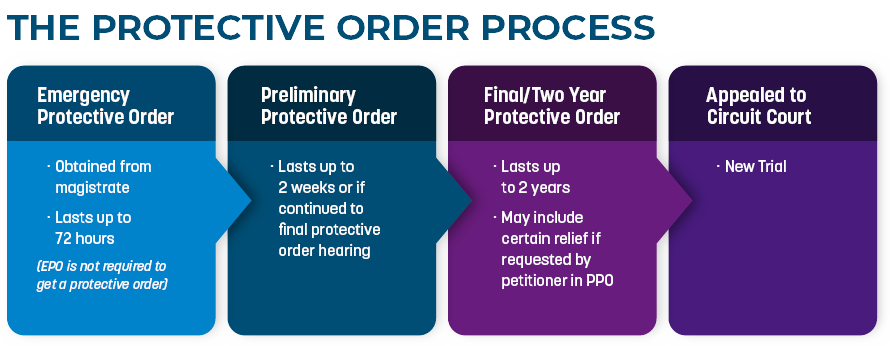 SAFETY ALERT – If you are in danger, call or text 911.
SAFETY ALERT – If you are in danger, call or text 911.

This information was developed by the Fairfax County Council to End Domestic Violence’s Court Process Workgroup to collect the information about filing a protective order in one location. Agencies may change their practices independently of each other and every attempt will be made to update changes in the information reflected on this website.
This site provides neutral legal information only as a public service. This information is specific to Fairfax County Courts and partner agencies. Other jurisdictions may have a local practice that is not reflected on this website. Always check with your local court about its procedures. This site does not take the place of an attorney and cannot advise you on strategy or tell you what to say in court.
Notes
- Only an attorney representing you can provide legal advice, and this website cannot take the place of consulting with an attorney or a domestic violence advocate to plan for safety.
- Fairfax County Juvenile and Domestic Relations District Court does not use the I-CAN application for protective orders found on the Virginia Supreme Court Website. Fairfax County General District Court uses the I-CAN form, but it does not translate into Spanish. Additional information will need to be provided through forms not found online in order to file the protective order.

